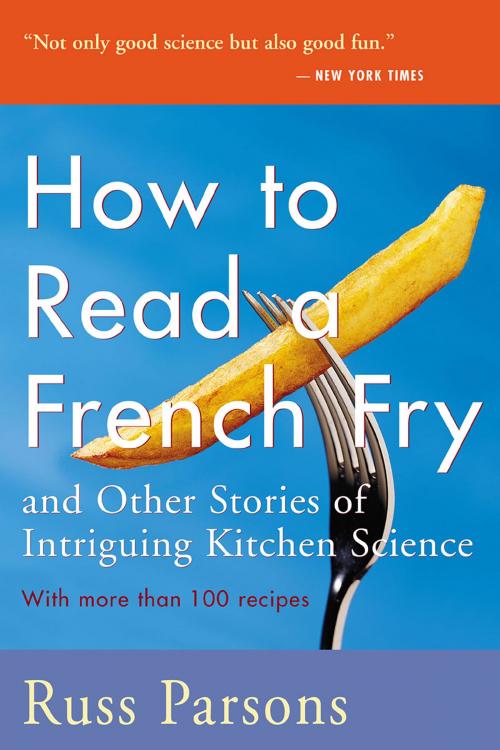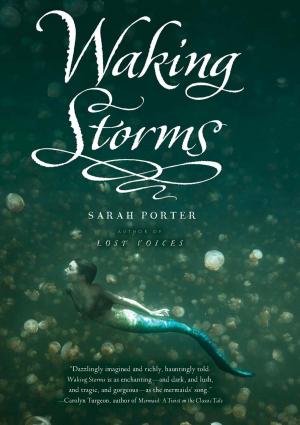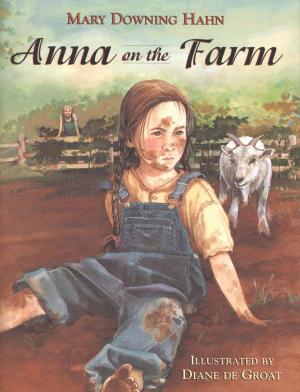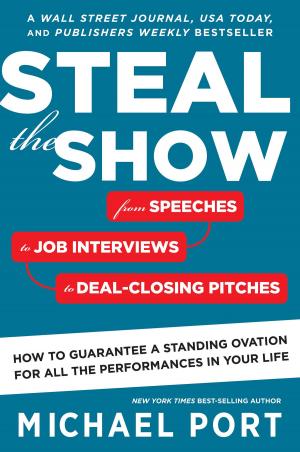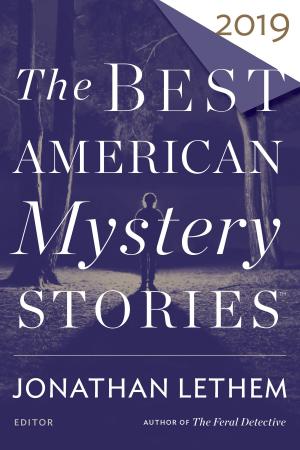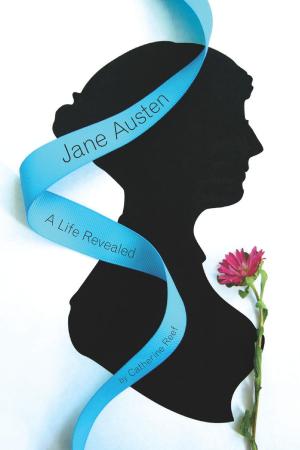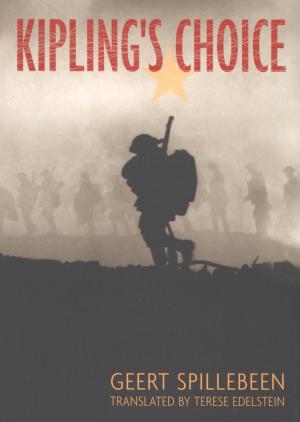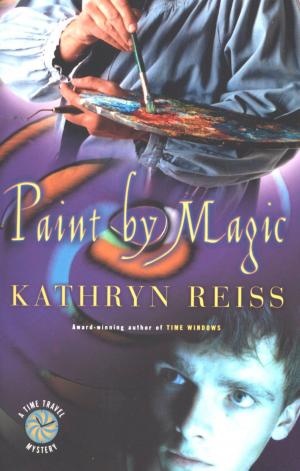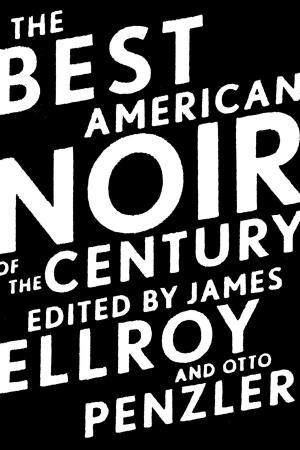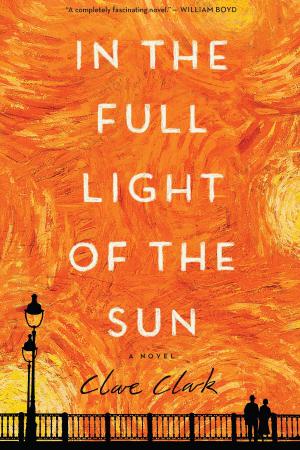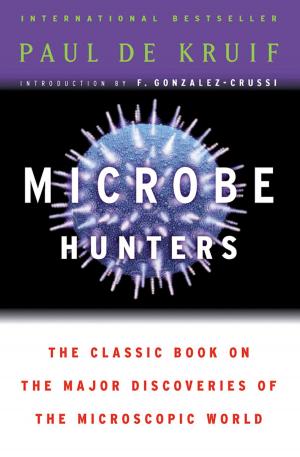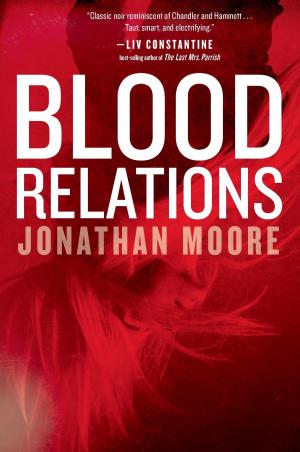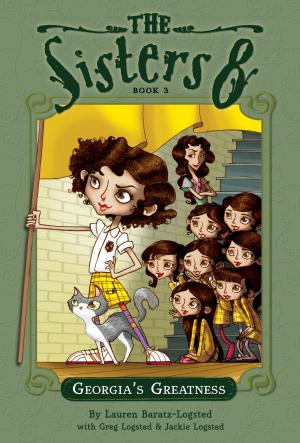How to Read a French Fry
And Other Stories of Intriguing Kitchen Science
Nonfiction, Food & Drink, Food Writing, Reference| Author: | Russ Parsons | ISBN: | 9780547346250 |
| Publisher: | HMH Books | Publication: | September 8, 2003 |
| Imprint: | Rux Martin/Houghton Mifflin Harcourt | Language: | English |
| Author: | Russ Parsons |
| ISBN: | 9780547346250 |
| Publisher: | HMH Books |
| Publication: | September 8, 2003 |
| Imprint: | Rux Martin/Houghton Mifflin Harcourt |
| Language: | English |
Why can you stick your hand into a 450-degree oven but not into 212-degree boiling water without burning it? Why does fish taste different from meat? Why do you cook pork differently from beef? Why should you always start cooking dried beans in cold water, not warm? Why should you never cook a Vidalia onion? What's the only kind of marinade that’s really an effective tenderizer? Why is strawberry-rhubarb a good combination, scientifically speaking? And why don’t potatoes fried in fresh oil ever brown completely, no matter how long they're cooked?
“Cooking is full of questions that science can help you answer, questions that can make you a better cook,” writes the award-winning Los Angeles Times food editor, Russ Parsons. In this entertaining book packed with fascinating tidbits, Parsons explores the science behind such basic cooking methods as chopping, mixing, frying, roasting, boiling, and baking. You’ll learn why soaking beans can’t offset their gaseous effects, why green vegetables shouldn’t be cooked under a lid for long, which fruits you can buy unripe and which you should buy fully ripened, which thickener to choose for your turkey gravy, and which piecrust is foolproof for a beginner.
Along the way, Parsons slips in hundreds of cooking tips, provocative trivia, and touches of wit that make his scientific explanations go down smoothly. He also includes more than a hundred recipes that deliciously exemplify the principles he describes, from Tuscan Potato Chips and Crisp-Skinned Salmon on Creamy Leeks and Cabbage to Chocolate Pots de Creme and Ultimate Strawberry Shortcake.
Why can you stick your hand into a 450-degree oven but not into 212-degree boiling water without burning it? Why does fish taste different from meat? Why do you cook pork differently from beef? Why should you always start cooking dried beans in cold water, not warm? Why should you never cook a Vidalia onion? What's the only kind of marinade that’s really an effective tenderizer? Why is strawberry-rhubarb a good combination, scientifically speaking? And why don’t potatoes fried in fresh oil ever brown completely, no matter how long they're cooked?
“Cooking is full of questions that science can help you answer, questions that can make you a better cook,” writes the award-winning Los Angeles Times food editor, Russ Parsons. In this entertaining book packed with fascinating tidbits, Parsons explores the science behind such basic cooking methods as chopping, mixing, frying, roasting, boiling, and baking. You’ll learn why soaking beans can’t offset their gaseous effects, why green vegetables shouldn’t be cooked under a lid for long, which fruits you can buy unripe and which you should buy fully ripened, which thickener to choose for your turkey gravy, and which piecrust is foolproof for a beginner.
Along the way, Parsons slips in hundreds of cooking tips, provocative trivia, and touches of wit that make his scientific explanations go down smoothly. He also includes more than a hundred recipes that deliciously exemplify the principles he describes, from Tuscan Potato Chips and Crisp-Skinned Salmon on Creamy Leeks and Cabbage to Chocolate Pots de Creme and Ultimate Strawberry Shortcake.
